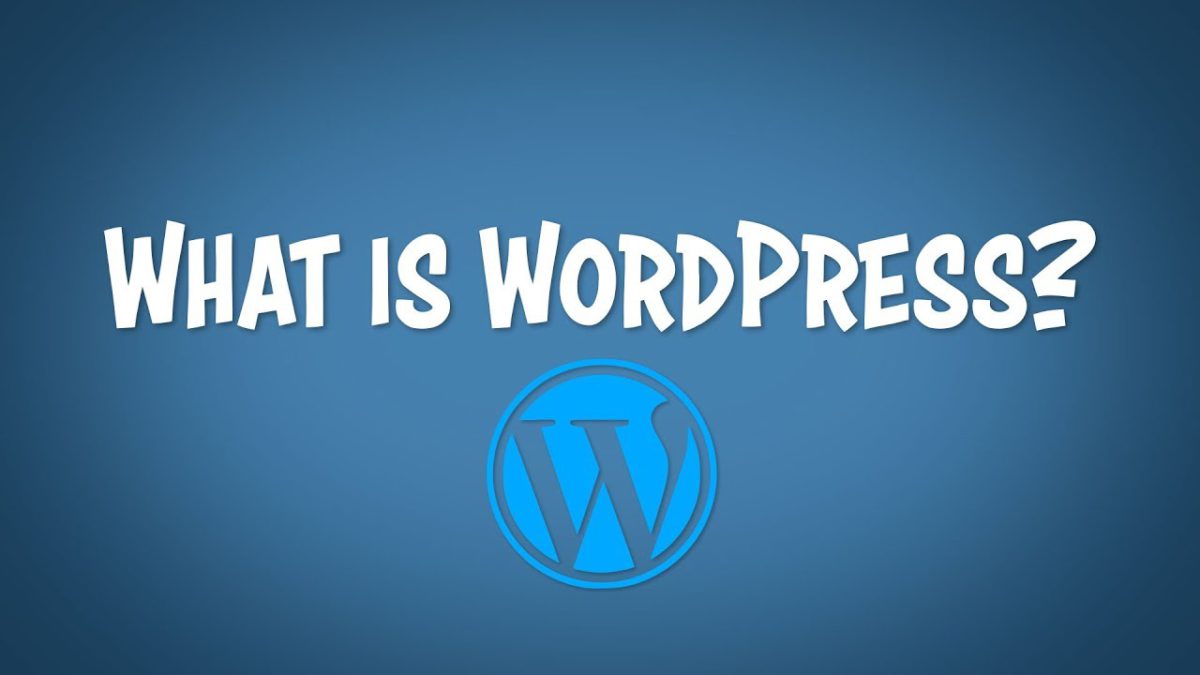WordPress is used to create websites. WordPress is known for its flexibility, ease of use, and extensive customization options, making it suitable for a wide range of applications, from personal blogs to large-scale e-commerce sites.
Key Features of WordPress
- User-Friendly Interface: Designed with non-technical users in mind, WordPress allows users to create and manage content easily using its intuitive dashboard.
- Themes and Templates: WordPress offers thousands of free and premium themes, allowing users to change their website’s appearance without needing to code.
- Plugins: With over 60,000 plugins available, WordPress can extend functionality, adding features like SEO tools, contact forms, e-commerce capabilities, and more.
- Customizability: Developers can modify themes and plugins or create custom solutions using PHP, HTML, CSS, and JavaScript.
- Open Source: WordPress is open-source software, meaning its code is freely available and can be modified and distributed.
- SEO-Friendly: WordPress is optimized for search engines, with features like clean URLs, customizable meta tags, and SEO plugins.
- Multimedia Management: Users can easily upload and manage images, videos, audio files, and other media.
- E-Commerce Support: With plugins like WooCommerce, WordPress enables users to create and manage online stores.
Types of WordPress
There are two versions of WordPress:
- WordPress.org: This is the self-hosted version, requiring users to have their own hosting and domain name. It offers full control and customization of the site.
- WordPress.com: A hosted version of WordPress, which is easier for beginners but offers less control and customization. It includes free and paid plans.
Common Uses of WordPress
- Personal blogs
- Business websites
- E-commerce stores
- Portfolios
- Membership sites
- Online forums
- Educational websites
Why Use WordPress?
- Community Support: WordPress has a large, active community of users and developers who contribute to its growth and provide support.
- Cost-Effective: The platform itself is free, and users can choose hosting and themes based on their budget.
- Scalability: It works for small websites as well as high-traffic, enterprise-level sites.
WordPress is a powerful tool for building and managing websites, providing the tools and flexibility to meet a wide variety of needs.


